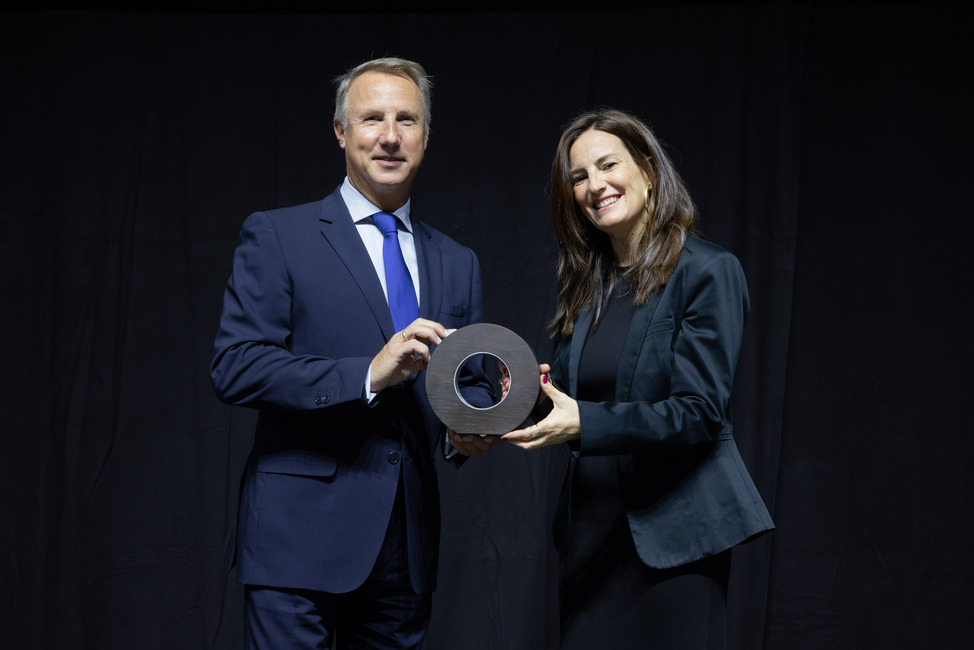Dr. Graupera receives the V FERO-ghd Project to study bone metastasis of breast cancer
The FERO Foundation, founded by Dr. Josep Baselga in 2001 and dedicated to promoting cancer research, has just awarded the V FERO-ghd Project to Dr. Mariona Graupera, from the Josep Carreras Leukaemia Research Institute, to develop a project aimed at understanding the role played by endothelial cells in breast cancer metastasis, especially in the bone.

The objective of Dr. Graupera, a nationally and internationally recognized researcher, is to characterize the mechanisms behind the spread of breast cancer in bone, the primary site of metastasis in this type of cancer, which correlates with poor prognosis. "Breast cancer remains one of the leading causes of death in women worldwide. Although the survival rate in localized cancer is 98%, this drops to 28% in the case of distant metastases, especially in the bone," comments Dr. Graupera.
In previous research, her team concluded that breast cancer colonizes and grows in close proximity to H-type blood vessels, a highly specialized subtype of bone blood vessels located near the growth plate. "In our kineMET project, we propose that the endothelial cells that make up H-type vessels selectively produce and secrete angiocins, a type of signaling that facilitates metastatic growth in bone," continues Dr. Mariona Graupera. She adds that they hope to exploit a new mouse model of bone metastasis in combination with transgenic mouse models that will allow them to activate H-type vessels to identify specific angiocins that promote the exit from metastatic dormancy and growth in bone. The project will attempt to demonstrate whether blocking angiokine secretion can hinder metastatic growth.
"This work is important because, although breast cancer itself can be treated, bone metastasis remains difficult to address. If we discover new angiocins that promote metastatic growth, this could allow us to predict when metastatic dormancy will occur and provide means to prevent it," adds the expert, who points out how this research could change the future of medical care in breast cancer patients.
At the event the XXIV FERO Grants were also awarded to the researchers Dr. Jon Zugazagoitia, of the Hospital 12 de Octubre in Madrid, and Dr. Francisco Martínez, of the Vall d'Hebron Institute of Oncology, to carry out research in the field of immunotherapy.